Filter by
The language used throughout the course, in both instruction and assessments.
4,405 results for "core java"
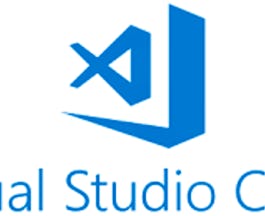
Coursera Project Network
Skills you'll gain: Software Engineering, Java Programming, Python Programming
 Status: Free
Status: FreeCoursera Project Network

Coursera Project Network
Skills you'll gain: Android Development

Coursera Project Network
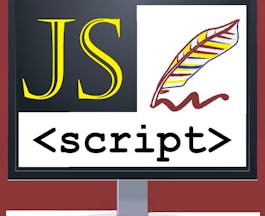
Coursera Project Network
Skills you'll gain: Javascript
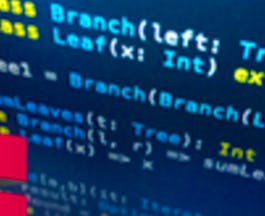
École Polytechnique Fédérale de Lausanne
Skills you'll gain: Leadership and Management

Coursera Project Network
Skills you'll gain: Problem Solving
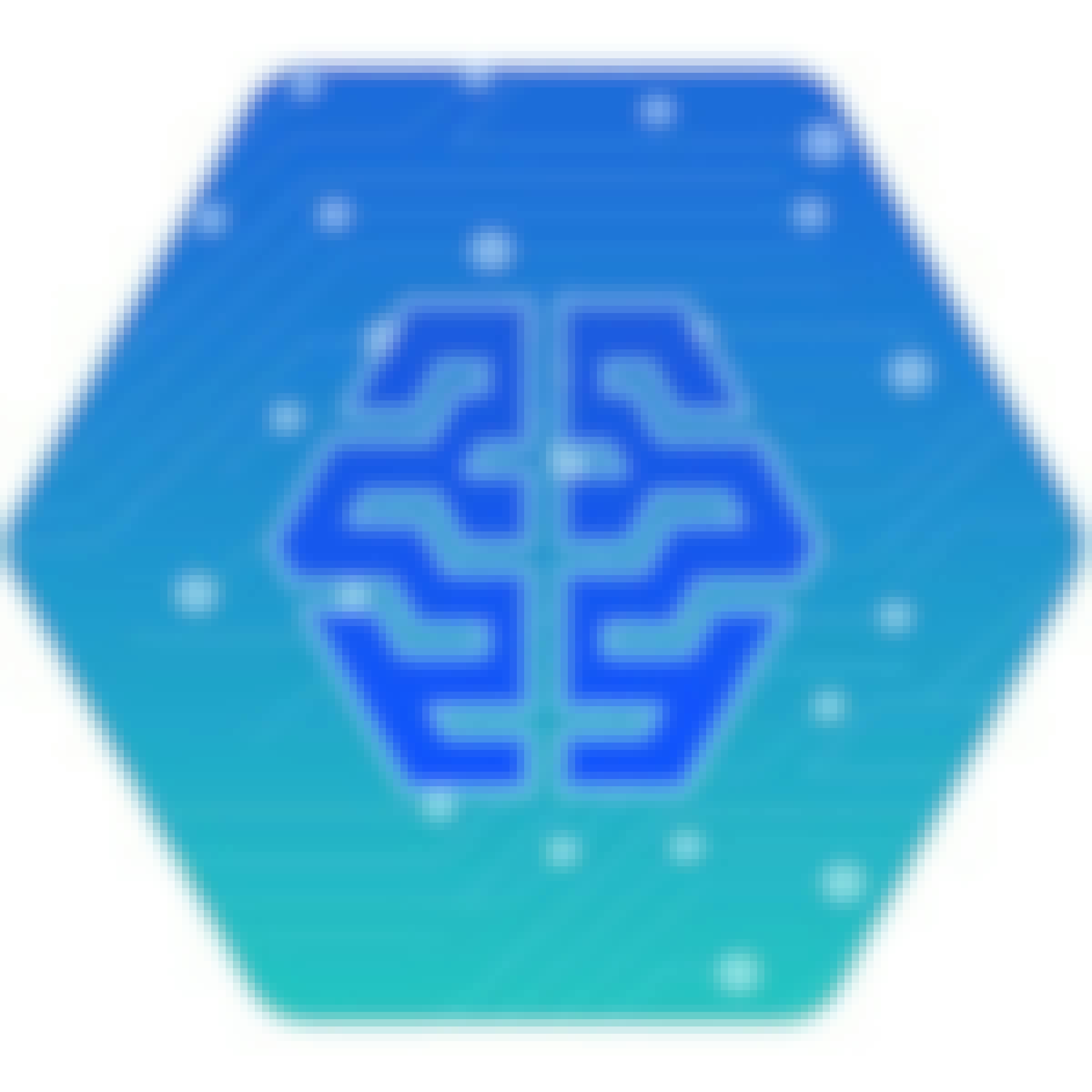
Skills you'll gain: Business Analysis, Communication, Data Analysis, Design and Product, Leadership and Management, Strategy, Decision Making, Network Security, Strategy and Operations, Business Development

Università di Napoli Federico II
Skills you'll gain: Design and Product, Business Analysis, Cloud Computing, Computer Architecture, Computer Networking, Data Analysis, Databases, Google Cloud Platform, Leadership and Management, Tableau Software
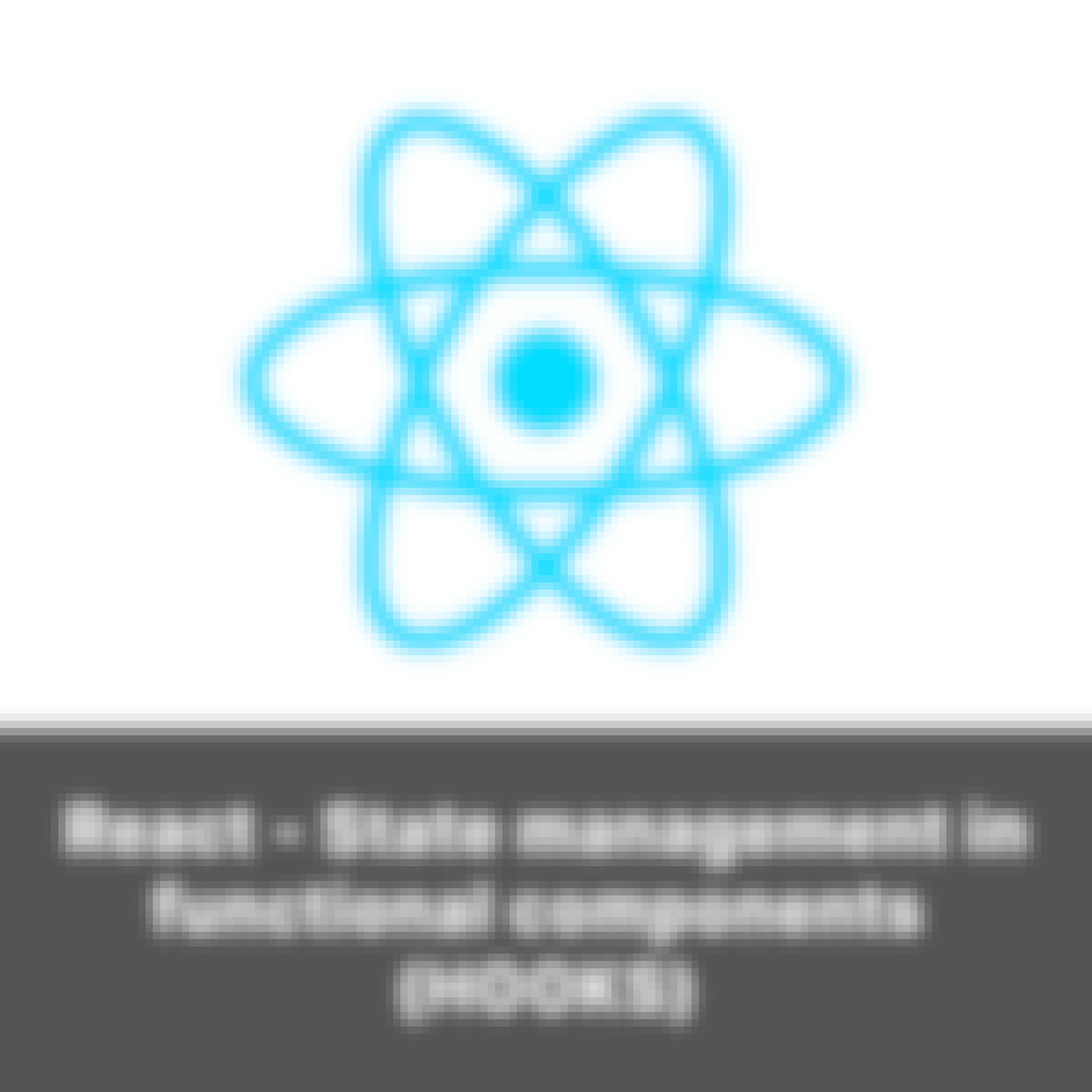
Coursera Project Network
Skills you'll gain: Front-End Web Development, Javascript, React (web framework), Web Development
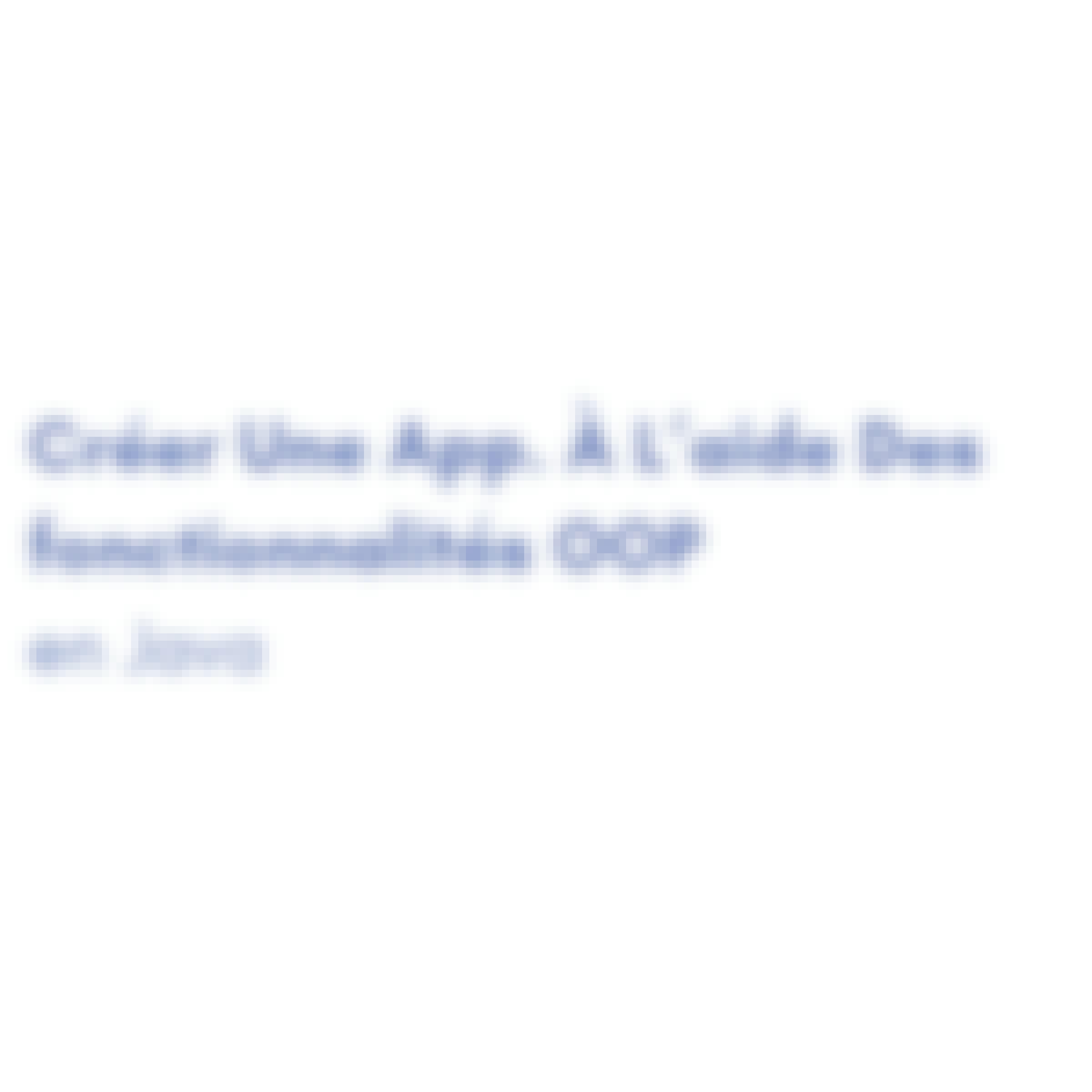
Coursera Project Network
Skills you'll gain: Computer Programming
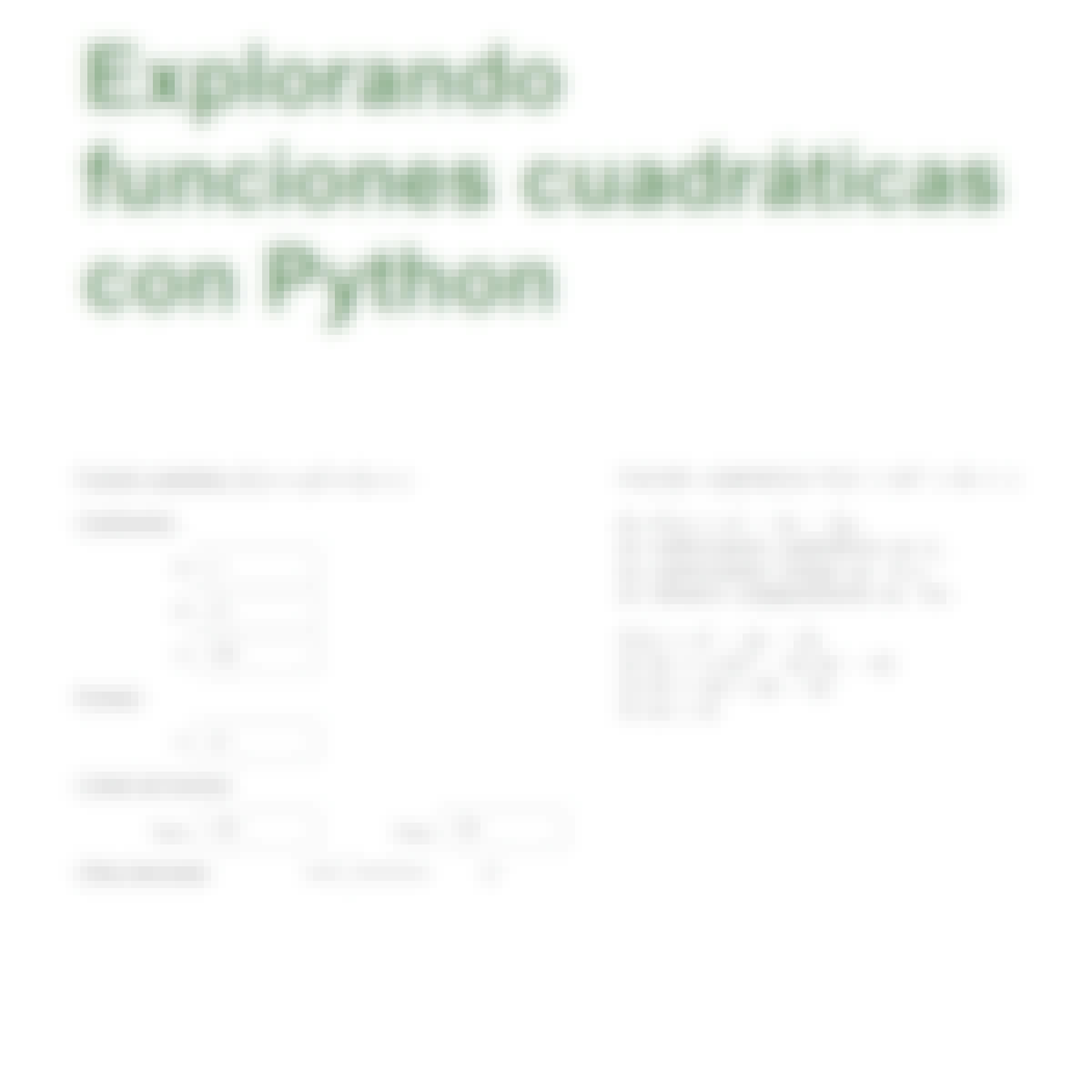
Coursera Project Network
Searches related to core java
In summary, here are 10 of our most popular core java courses
- تثبيت وتكوين بايثون والملحقات ذات الصلة في فيجوال ستوديو كود: Coursera Project Network
- Development with NetBeans: Cross-Platform Password Generator: Coursera Project Network
- Build a Relative Layout App in Android Studio: Coursera Project Network
- Build an App in Android Studio using Activities: Coursera Project Network
- JavaScript Strings: Properties and Methods: Coursera Project Network
- Functional Program Design in Scala (Scala 2 version): École Polytechnique Fédérale de Lausanne
- JavaScript For Loop: Coursera Project Network
- Modernizing Data Lakes and Data Warehouses with GCP en Français: Google Cloud
- Business Intelligence con la Product Suite di Tableau: Università di Napoli Federico II
- React - State management in functional components (HOOKS): Coursera Project Network










